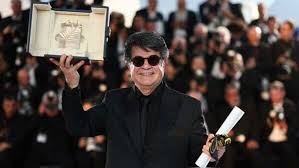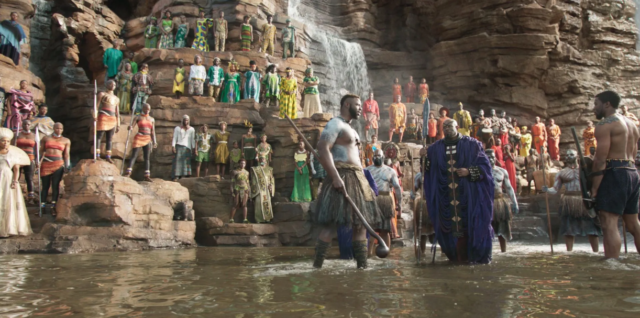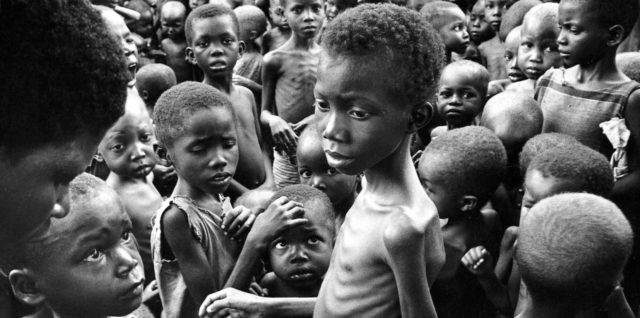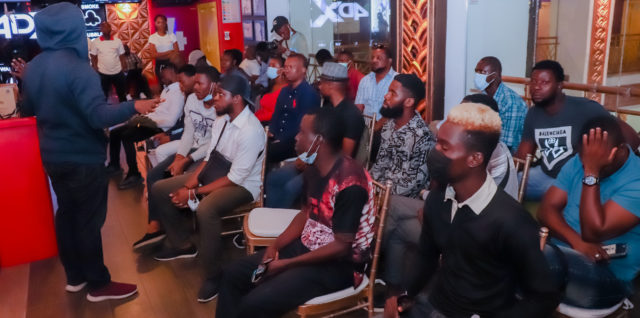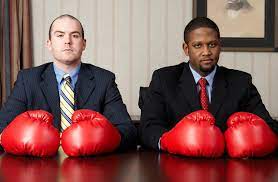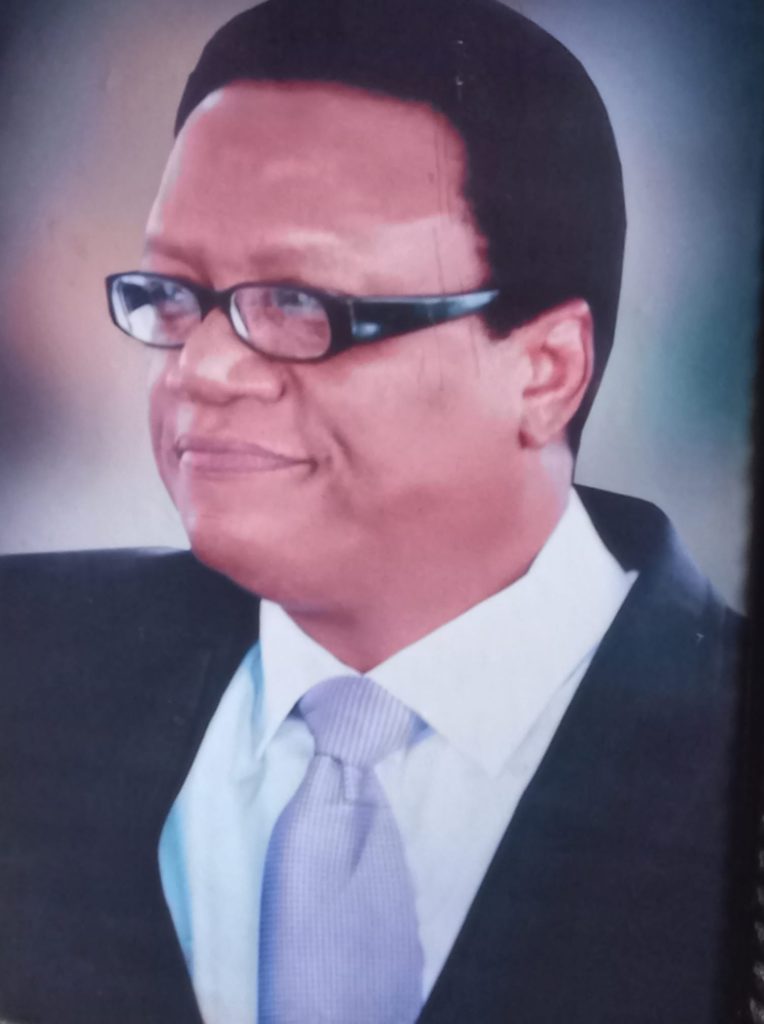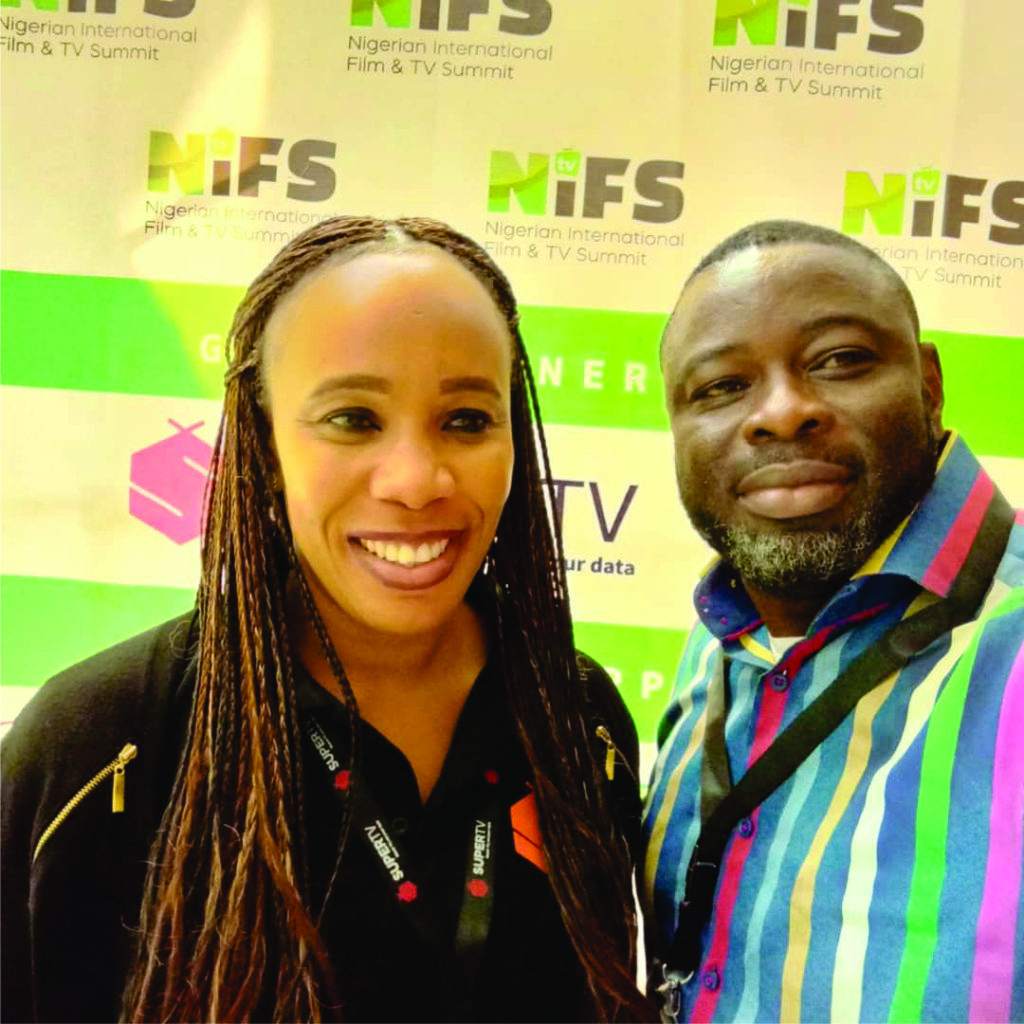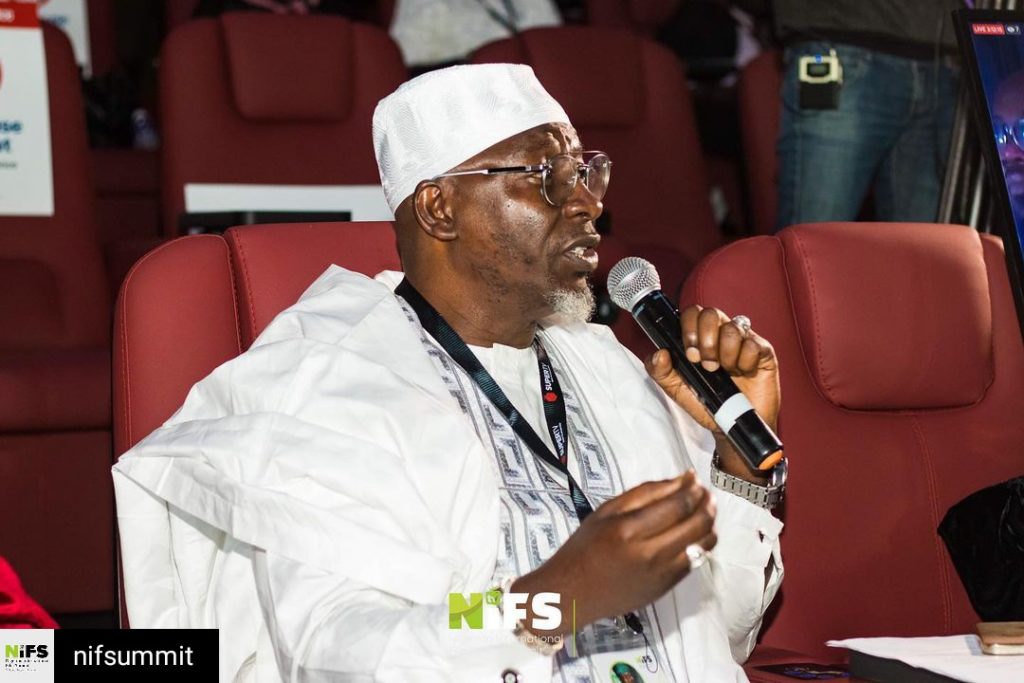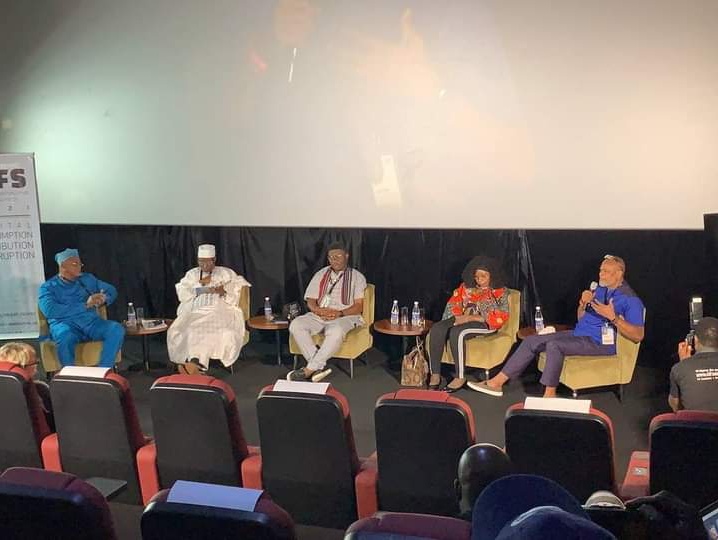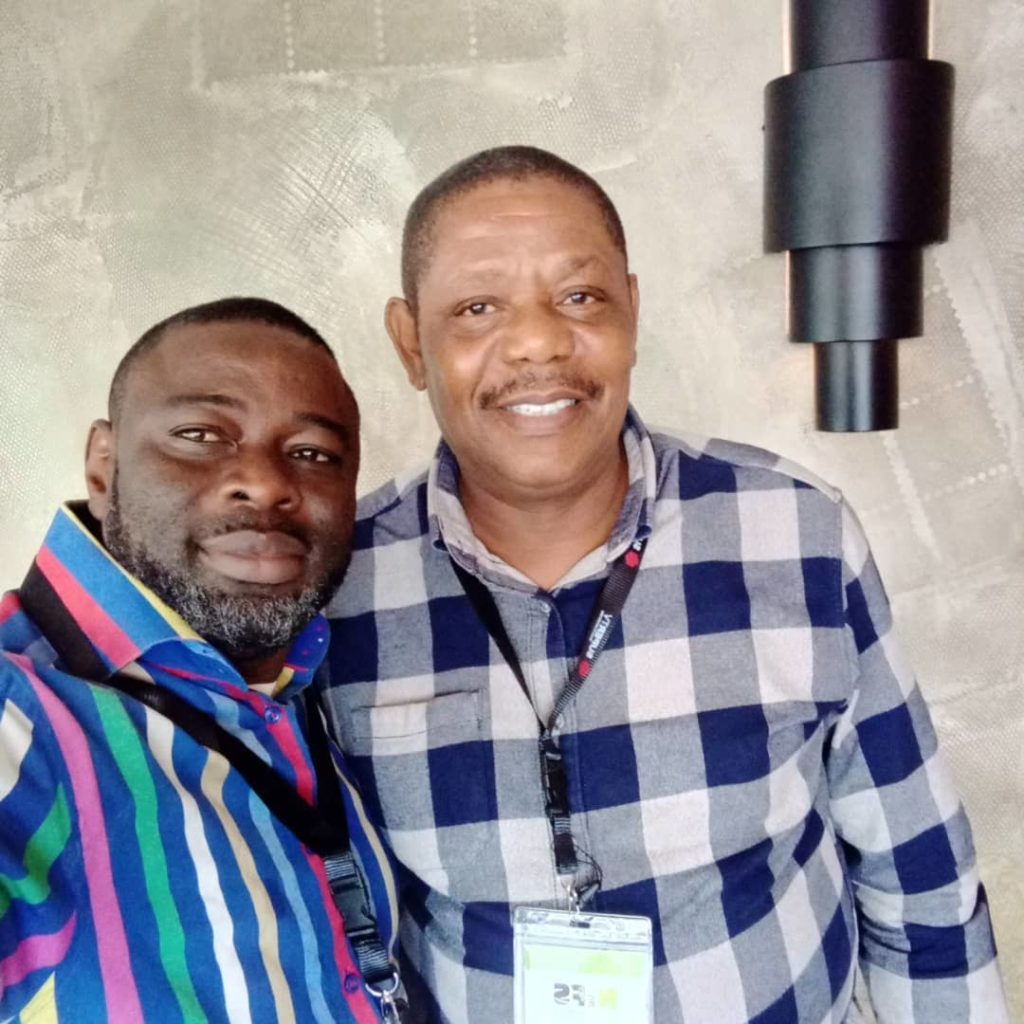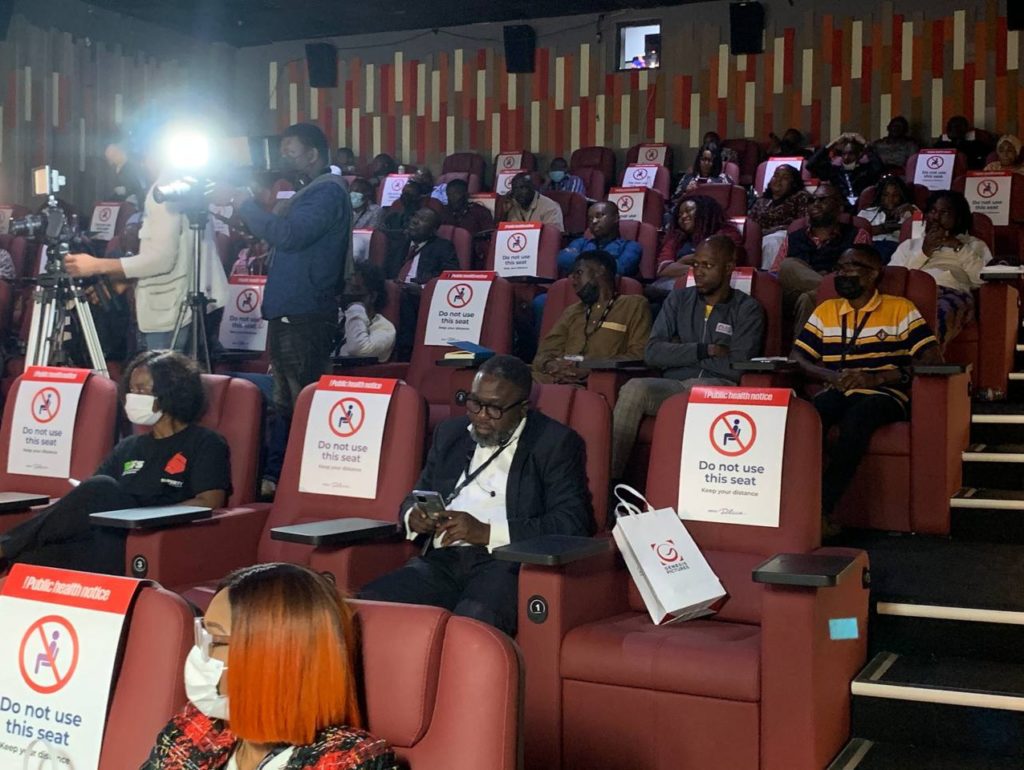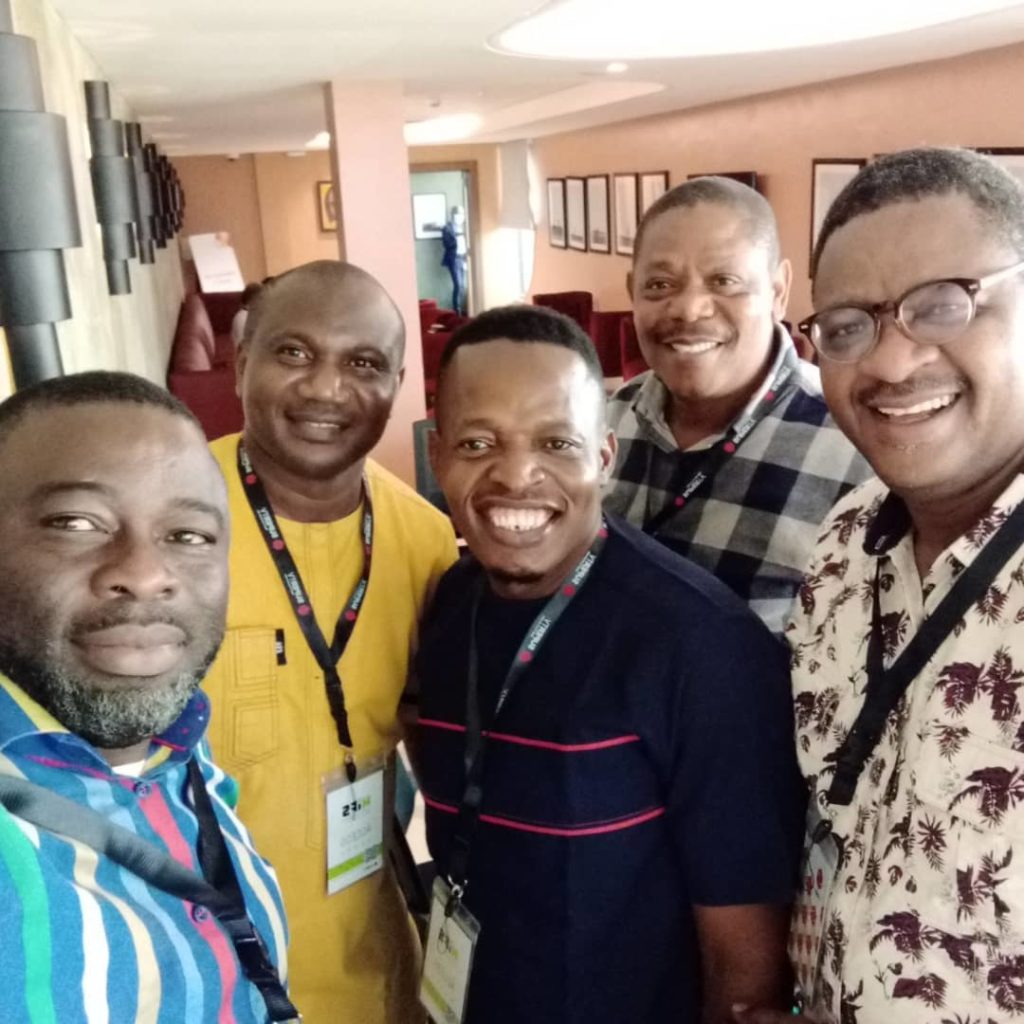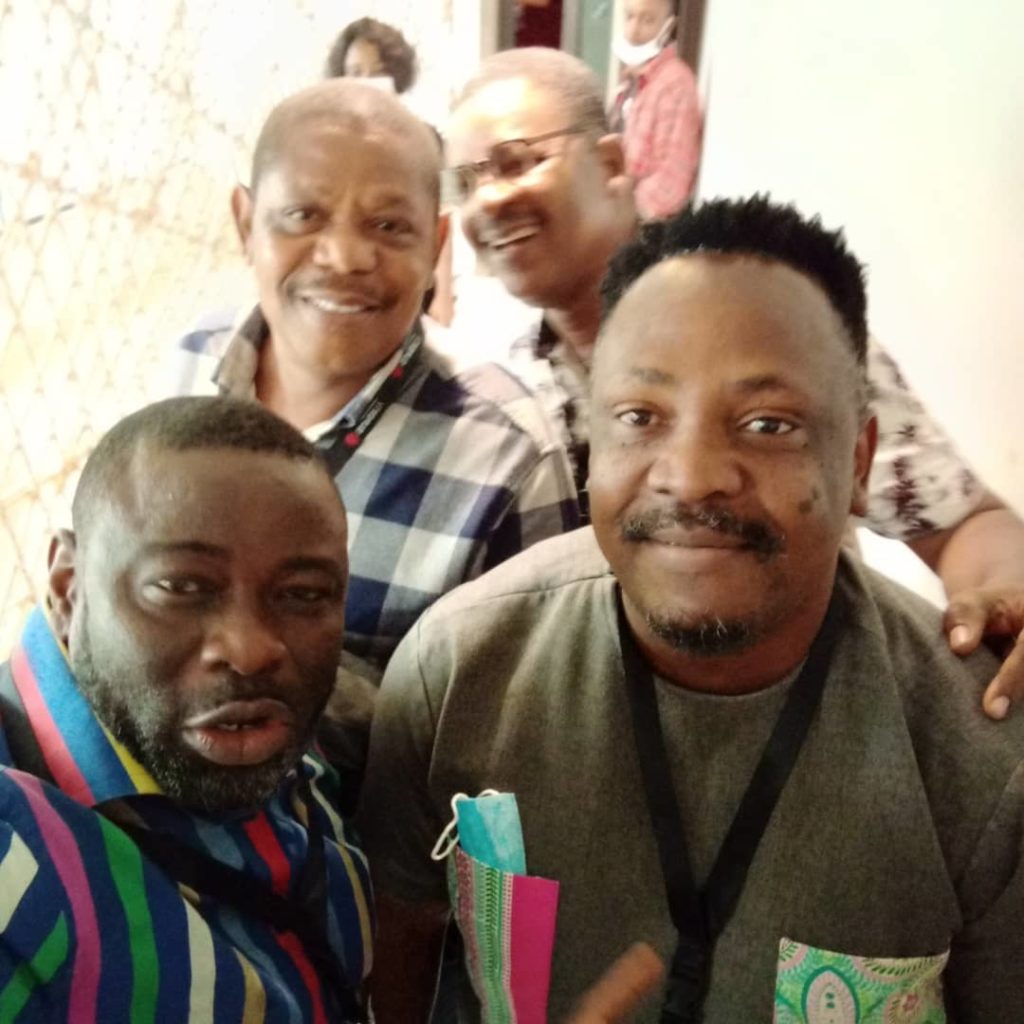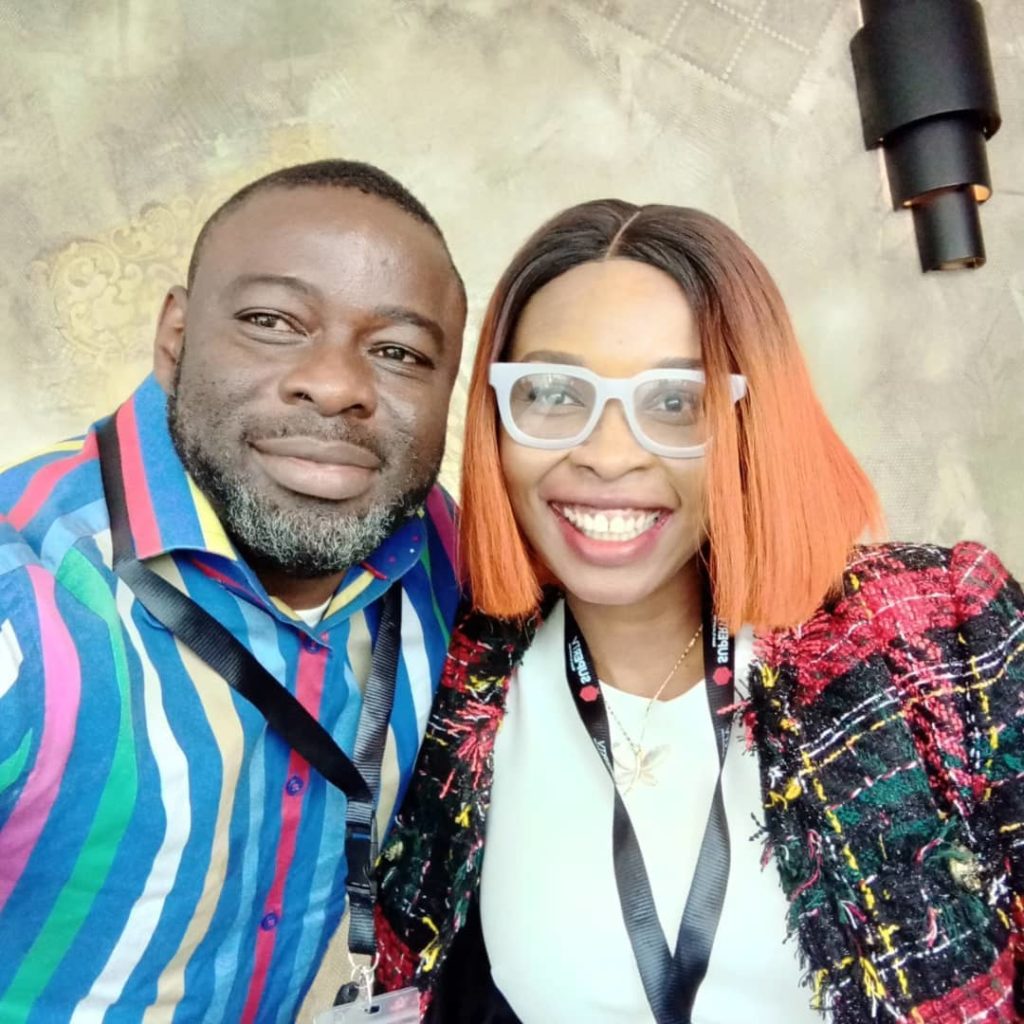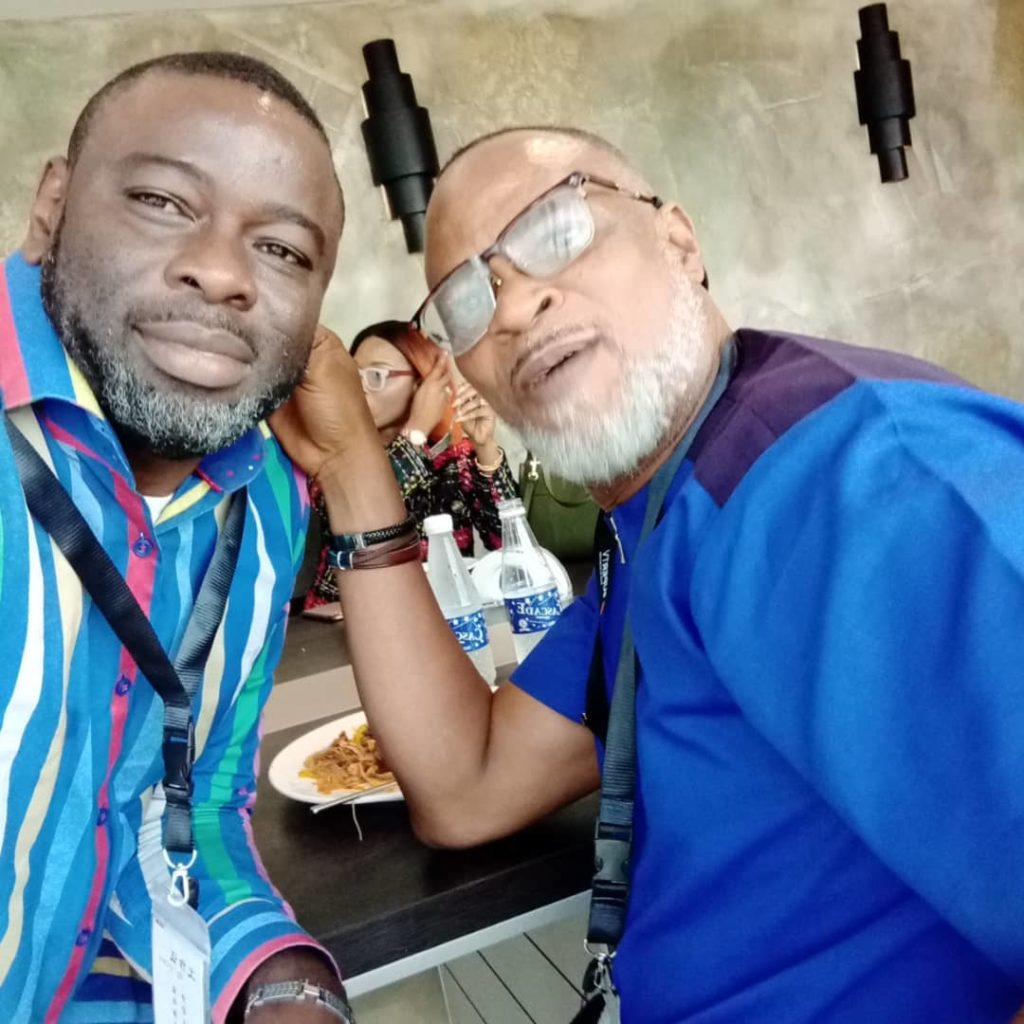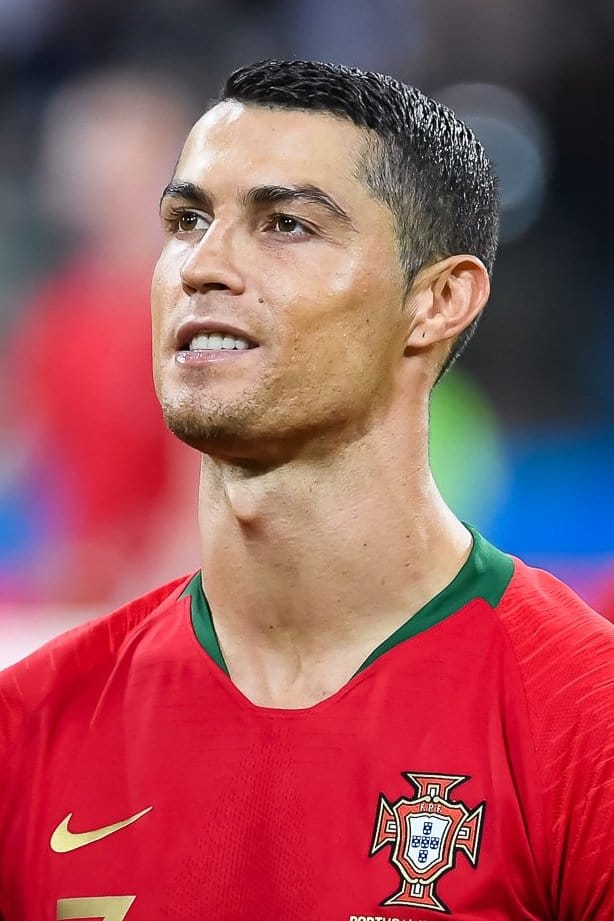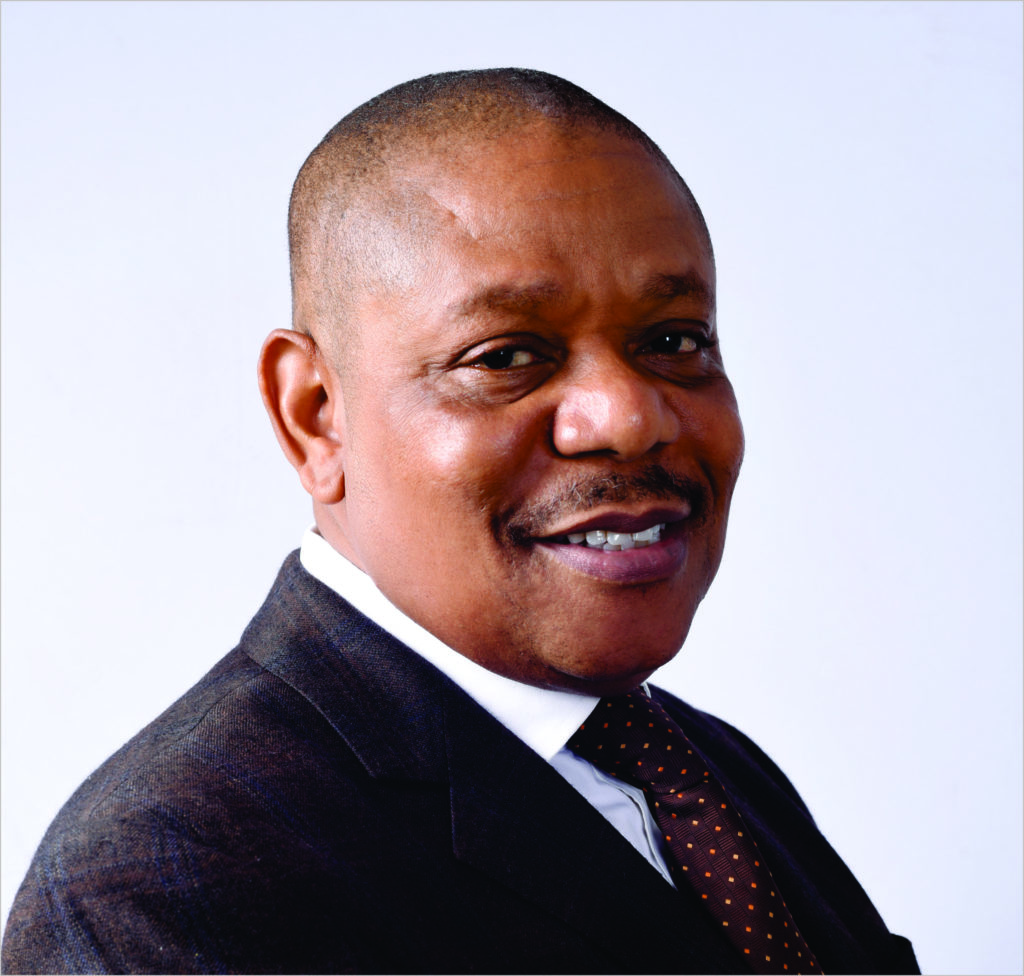
BEST PICTURE
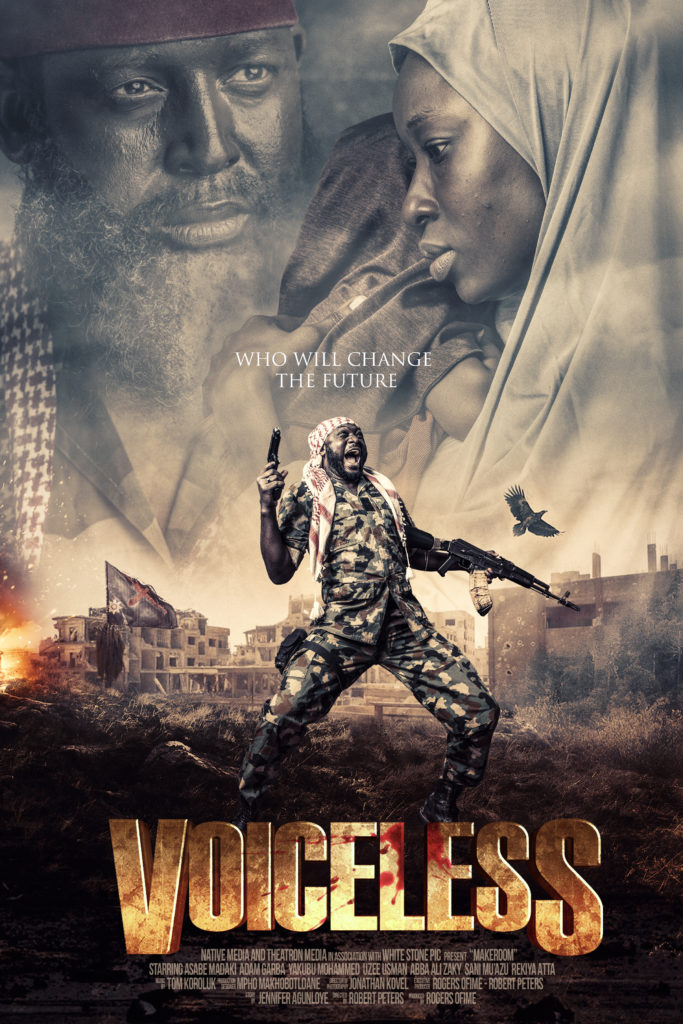
VOICELESS (Nigeria) – WINNER
NOMINESS:
- MISSION RESCURE (Kenya)
- A DANCE TO FORGET(Nigeria)
- HEROES OF AFRICA (Ghana)
BEST ACTOR MALE
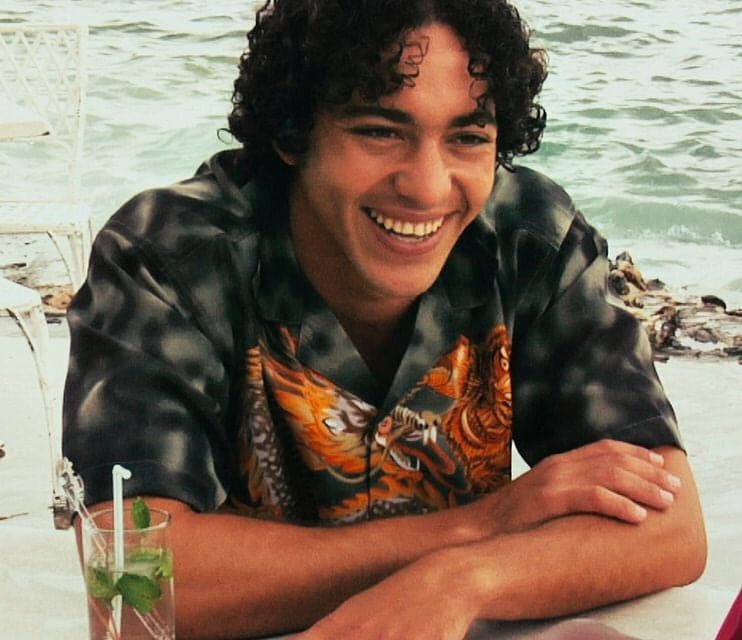
JORGE LUIS CASTRO Movie OCEAN (Russia) WINNER
NOMINESS:
- ADAM GARUBA the movie VOICELESS (Nigeria)
- SEUN AKINDELE Movie DESPERATE PROPOSAL
- BERNARD ADUSE POKU Movie HEROES OF AFRICA (Ghana)
BEST ACTOR FEMALE

UFUOMA MCDERMOTT Movie MR & MRS OKOLI (Nigeria) WINNER
NOMINESS:
- LARA LAZARETTI Movie NOVEMBER (Portuguese Brazil)
- NANCY ISIME Movie A DANCE TO FORGET(Nigeria)
- ASABE MADAKI Movie VOICELESS (Nigeria)
BEST SUPPORTING ACTOR MALE

FREDERICK LEONARD Movie VENDETTA (Nigeria) WINNER
NOMINESS:
- TONY AKPOSHERI Movie Mr & Mrs Okoli
- NANJIE RAMESH Movie BROKEN POT (Cameron)
- SANI MU’AZU Movie VOICELESS (Nigeria)
BEST SUPPORTING ACTOR FEMALE

NGOZI EZEONU Movie A DANCE TO FORGET (Nigeria) WINNER
NOMINESS:
- YANA IVANOVA Movie GRAND CANCAN (Russia)
- REKIYA ATTA Movie VOICELESS Nigeria
- MA-BI ETONGO CELESTINE Movie BROKEN POT (Cameroon)
BEST DIRECTOR
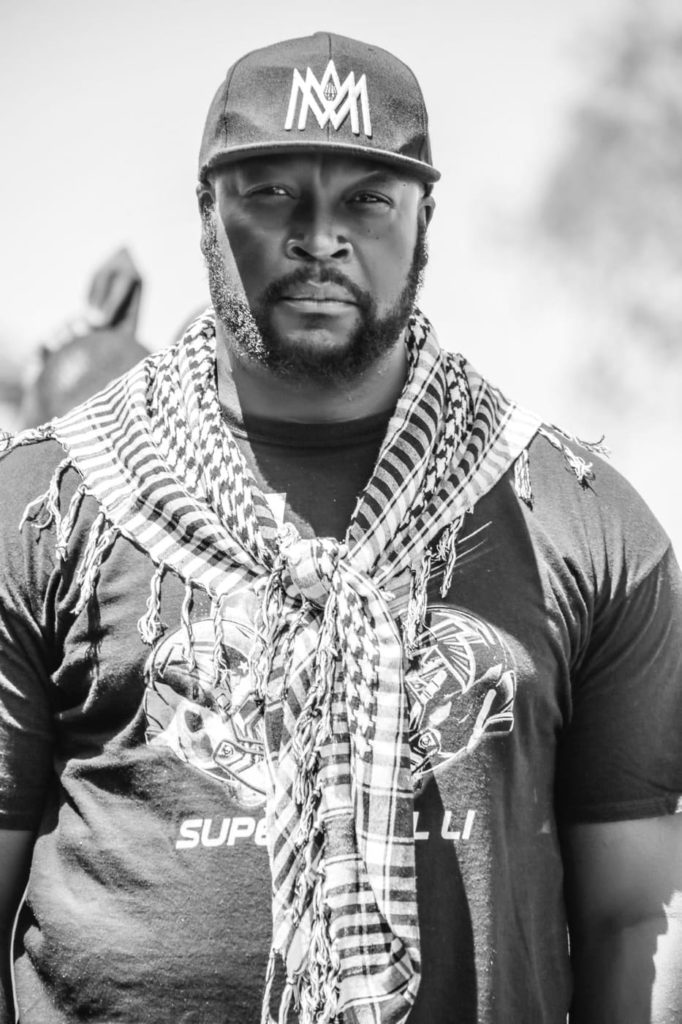
ROBERT PETERS Movie VOICELESS Nigeria – WINNER
NOMINESS:
- GILBERT LUKALIA Movie MISSION TO RESCUE (Kenya)
- FRANK GHARBIN Movie HEROES OF AFRICA (Ghana)
- MIKHAIL KOSYREV-NESTEROV Movie OCEAN (Russia)
BEST SCREENPLAY
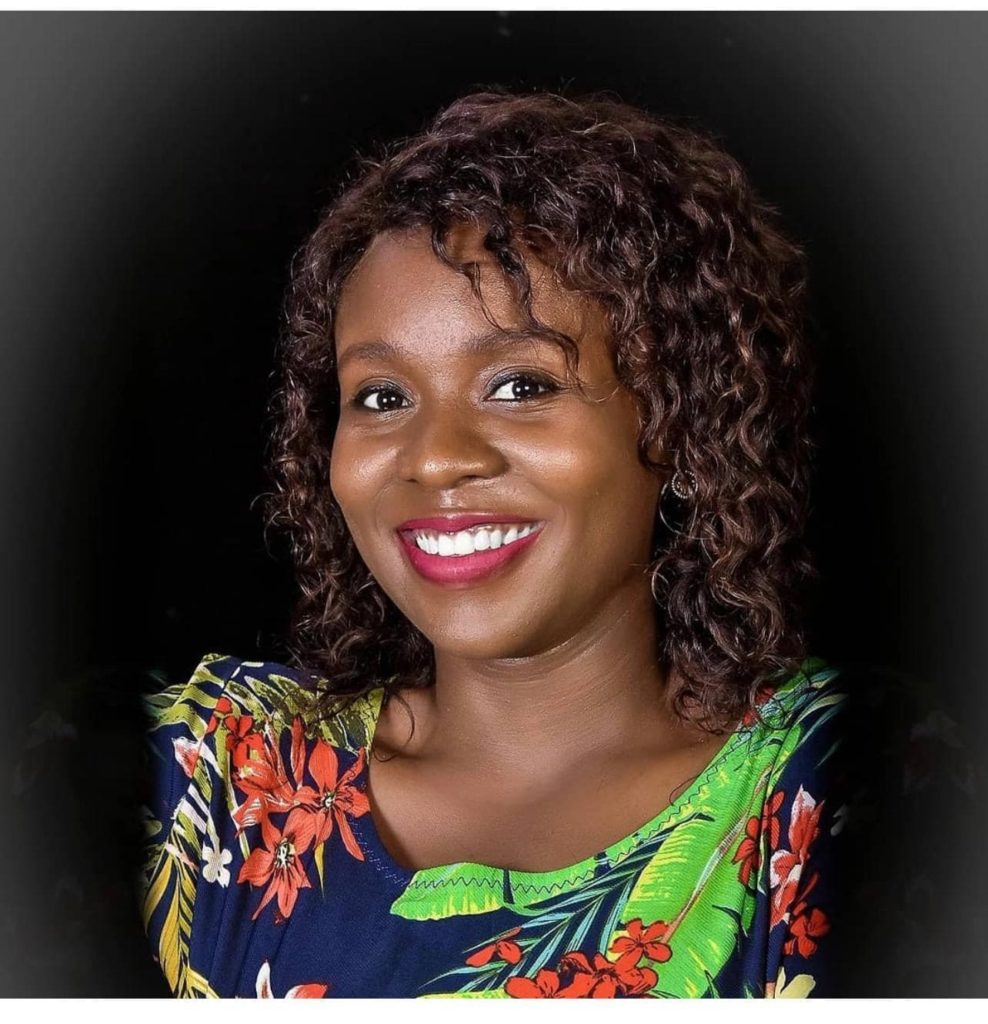
JENNY AGUNLOYE Movie VOICELESS Nigeria – WINNER
NOMINESS:
- KOSYREV-NESTEROV Movie OCEAN Russia
- NAJID ALFRED TOOFE, STANFAME AJALAJA Movie MR & MRS OKOLI Nigeria
- FRANK GHARBIN Movie HEROES OF AFRICAN Ghana
BEST CINEMATOGRAPHY
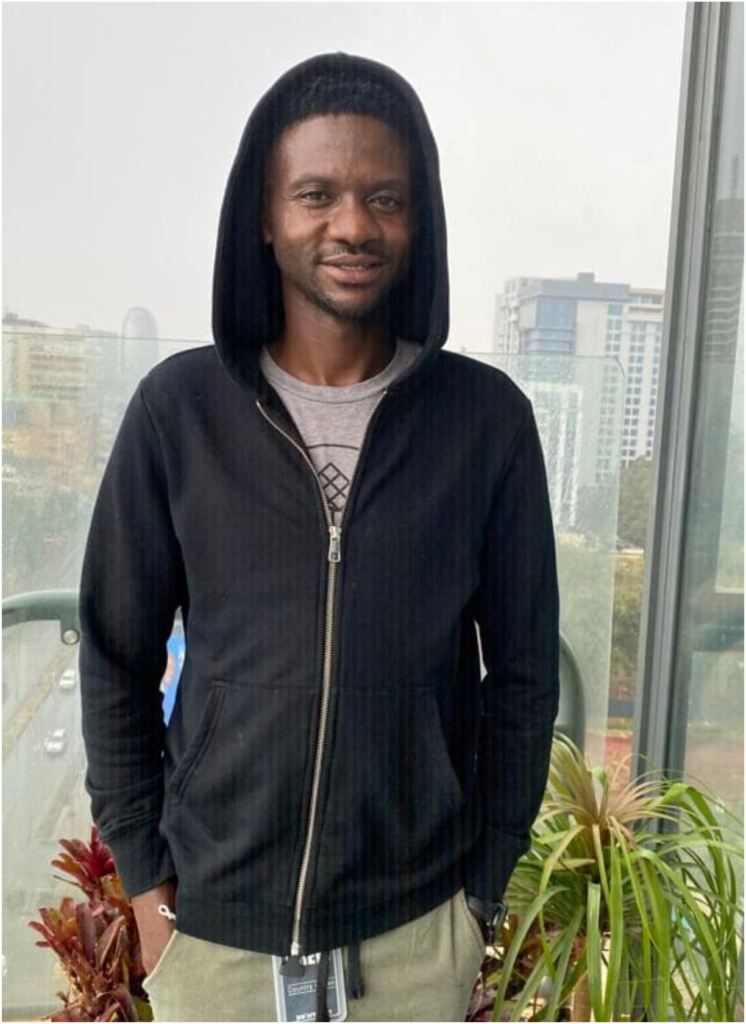
VICTOR OMBOGO Movie MISSION TO RESCUE – Kenya WINNER
NOMINESS:
- JONATHAN KOVEL VOICELESS – Nigeria
- OLEG LUKICHEV Movie OCEAN – RUSSIA
- VINCENT BAFFOUR Movie HEROES OF AFRICA – Ghana
BEST STORY
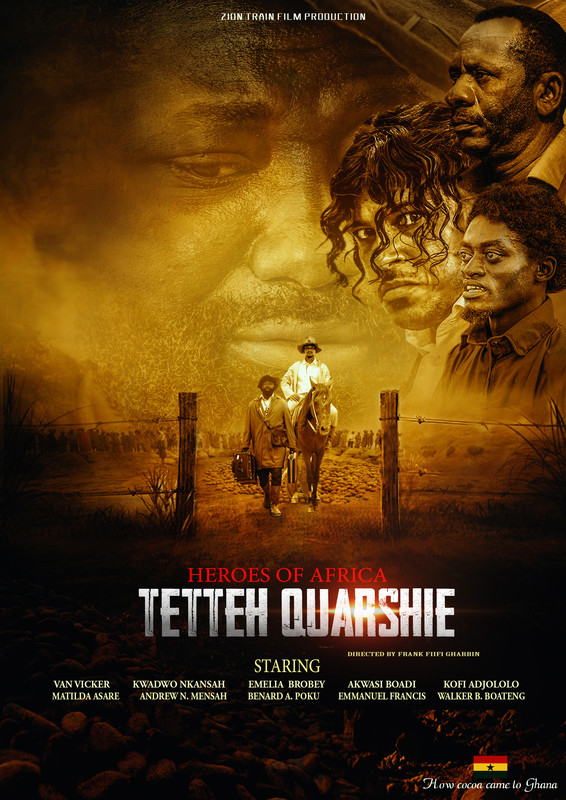
HEROES OF AFRICA – Ghana WINNER
NOMINESS:
- OCEAN – Russia
- BROKEN POT – Cameroon
- VOICELESS – Nigeria
BEST CAST DIRECTOR
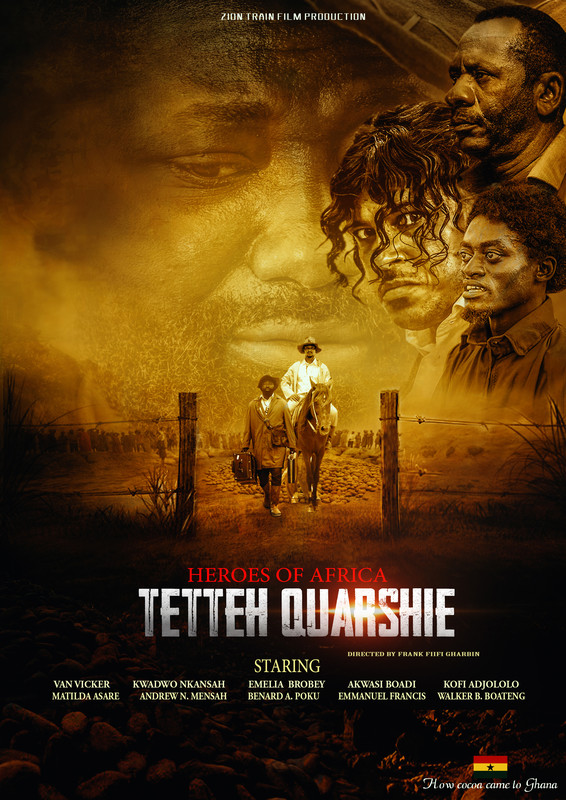
HEROES OF AFRICAN – Ghana WINNER
NOMINESS:
- OCEAN- Russia
- VOICELESS – Nigeria
- MISSION TO RESCUE – Kenya
BEST FILM EDIT
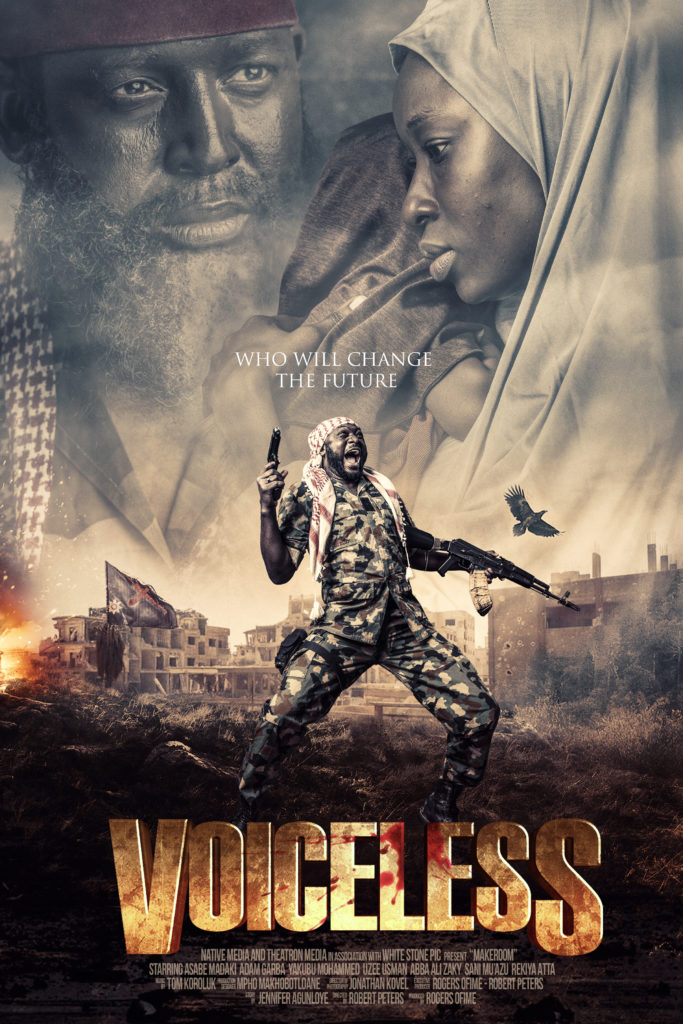
VOICELESS – Nigeria- WINNER
NOMINESS:
- NOVEMBER – Brazil
- MR & MRS OKOLI – Nigeria
- MISSION TO RESCUE – Kenya
BEST SOUND
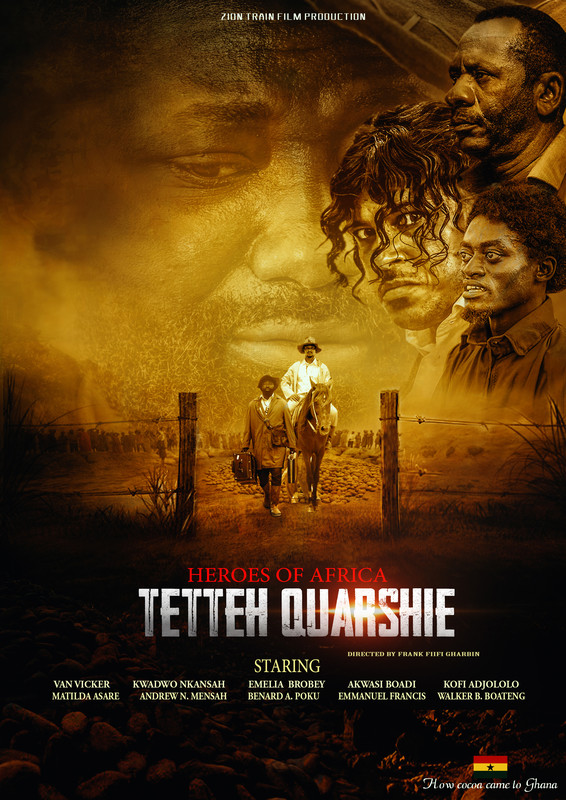
HEROES OF AFRICA Movie from Ghana – WINNER
NOMINESS:
- VOICELESS – Nigeria
- MISSION TO RESCUE- Kenya
- NOVEMBER – Brazil
BEST PRODUCTION DESIGN
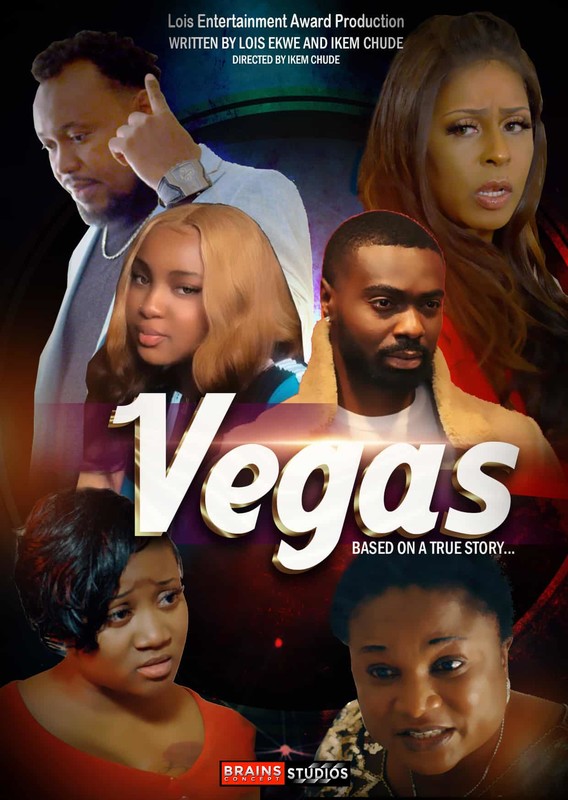
VEGAS – USA- WINNER
NOMINESS:
- VOICELESS – Nigeria
- A DANCE TO FORGET – Nigeria
- OCEAN – Russia
BEST ORIGINAL SCORE
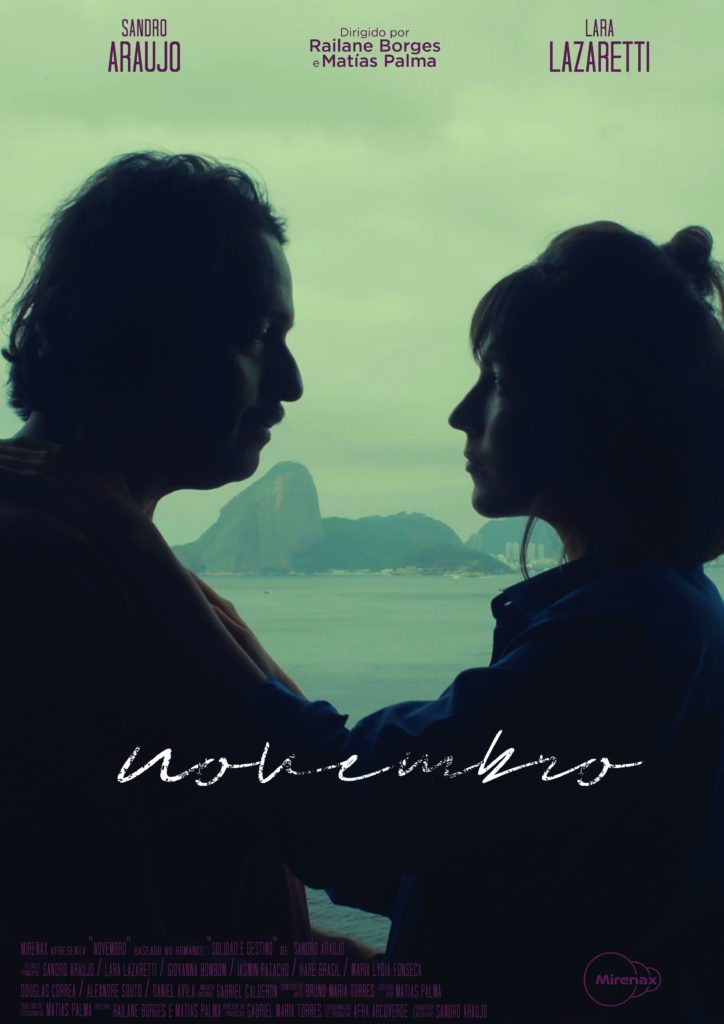
NOVEMBER – Brazil – WINNER
NOMINESS:
- VOICELESS – Nigeria
- A DANCE TO FORGET – Nigeria
- DESPERATE PROPOSAL – Nigeria
BEST ORIGINAL SONG
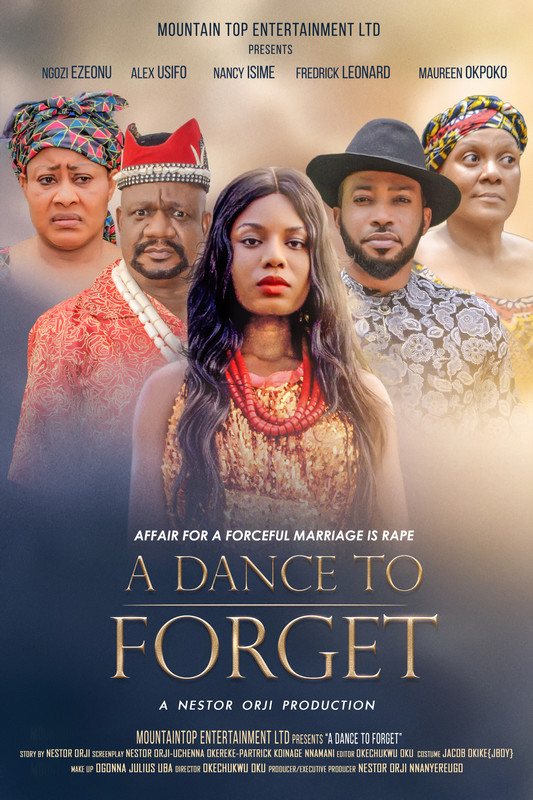
A DREAM TO FORGET – Nigeria – WINNER
NOMINESS:
- OCEAN – Russia
- NOVEMBER – Brazil
- TWISTED – Nigeria
BEST MAKEUP COSTUME
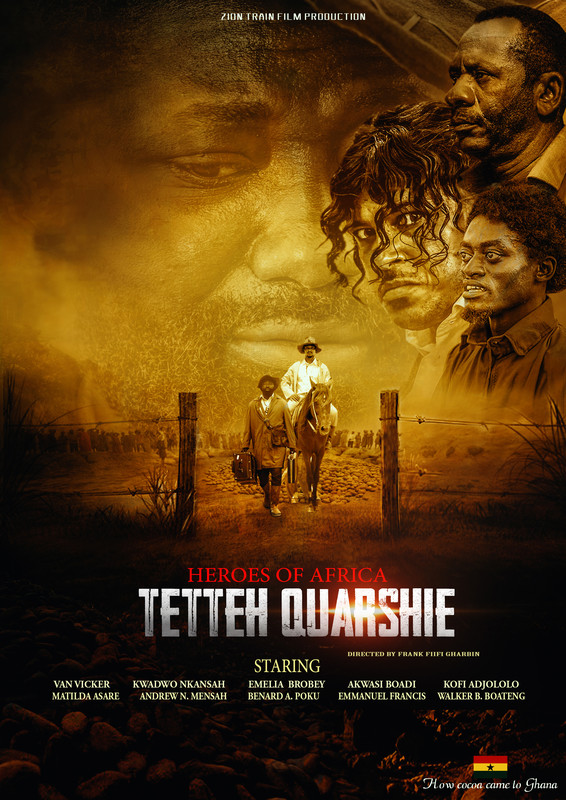
HEROES OF AFRICA – Ghana – WINNER
NOMINESS:
- DESPERATE PROPOSAL – Nigeria
- PIOUS LOVE- Nigeria
- A DANCE TO FORGET- Nigeria
BEST VISUAL EFFECTS
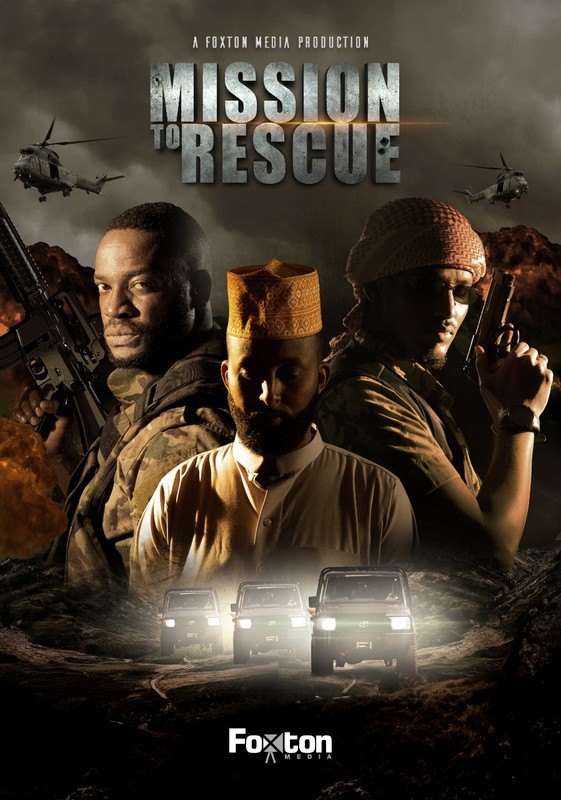
MISSION TO RESCUE- Kenya – WINNER
NOMINESS:
- OCEAN – Russia
- JUDAS KISS – Uganda
- VOICELESS – Nigeria
BEST SHORT FILM
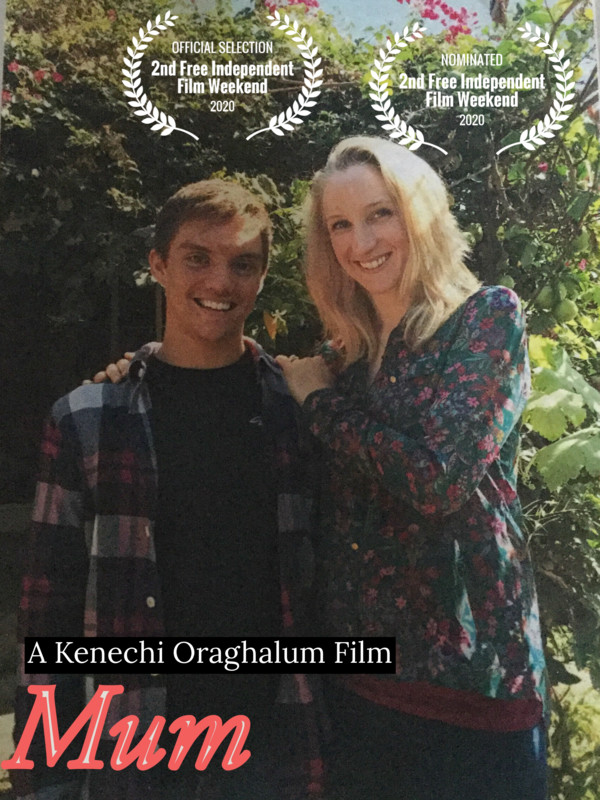
MUM Movie from by Kenechi Oraghalum USA – WINNER
NOMINESS:
- BROTHERLY Nigeria
- ARIZONA 1878 Spain
- CLICHÉ – REFLECTION OF A SILHOUETTE Denmark
FOREIGN LANGUAGE FILM
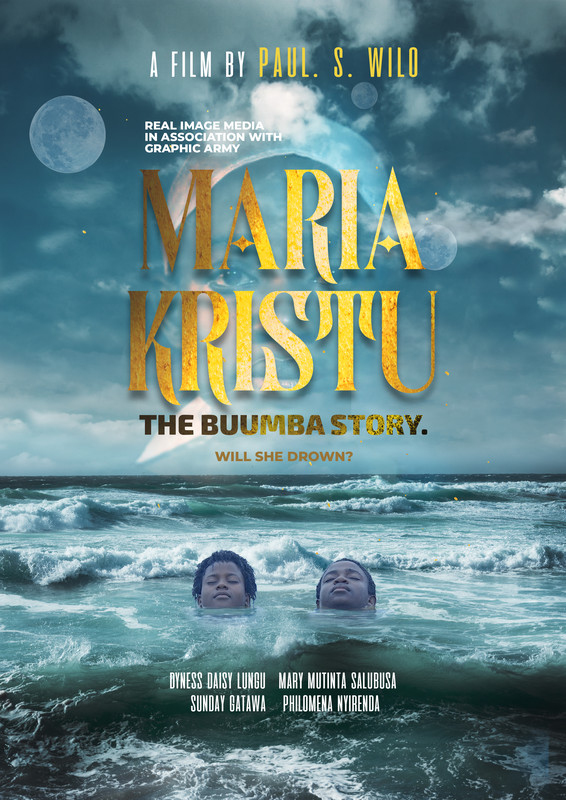
MARIA KRISTU: The Buumba story by Paul.S. Wilo (Zambia) – Winner
NOMINESS:
- NYARA “The Kidnapping” by Ram Ally K (Tanzania)
- SHUJAA WETU (OUR HERO ) by Tom Johns (Tanzania)
- FURROWS by Julio Mazarico (Spain)
FEATURE DOCUMENTARY FILM
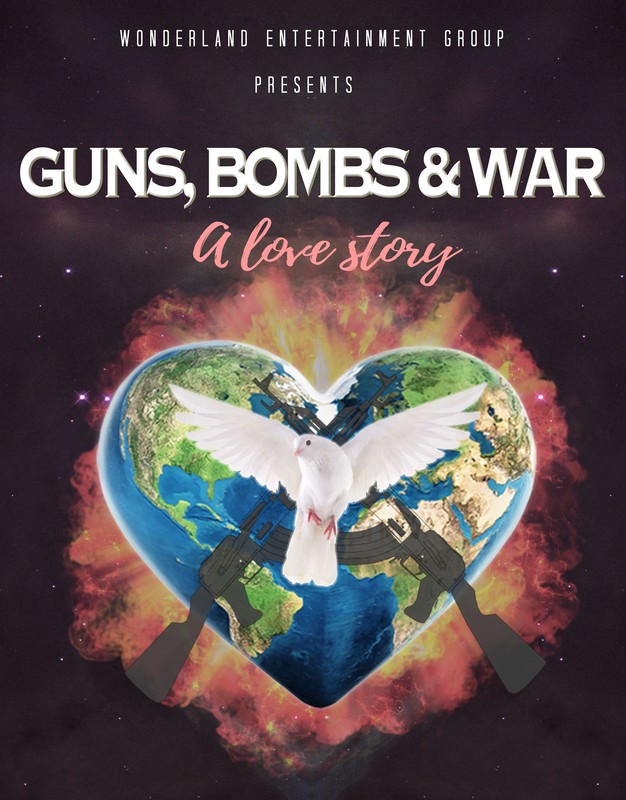
GUNS, BOMBS & WAR: A LOVE STORY by Emmanuel Itier from (USA) – WINNER
NOMINESS:
- GOLDEN FISH,AFRICAN FISH by Thomas Grand, Moussa Diop from (Senegal)
- FREE PLAY by Ivan Torres (Spanish United Kingdom)
SHORT DOCUMENTARY FILM
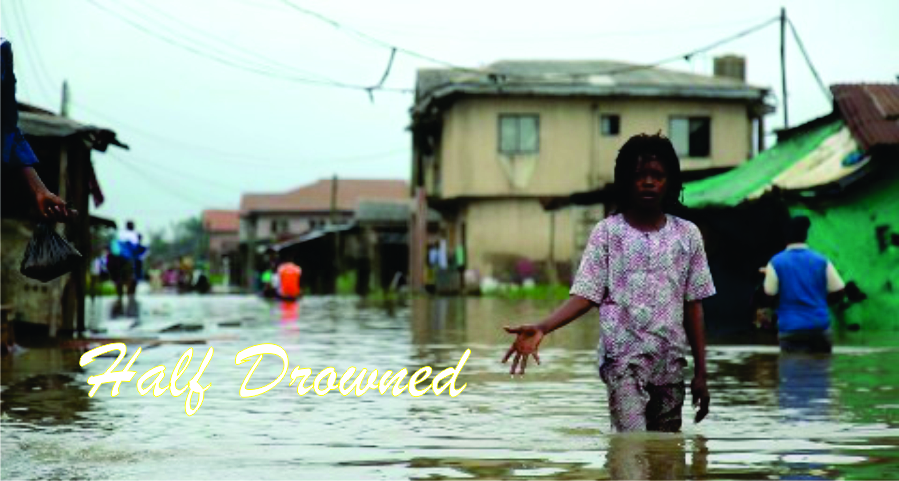
HALF-DROWNED Nnadi Hillary Ikenna (Nigeria) – WINNER
NOMINESS:
- YABÁ by Rodrigo Sena from (Brazil)
- ARCTIC by Josu Venero, Jesus Mari Lazkano from (Spain)
INDIGENOUS FILM CATEGORY
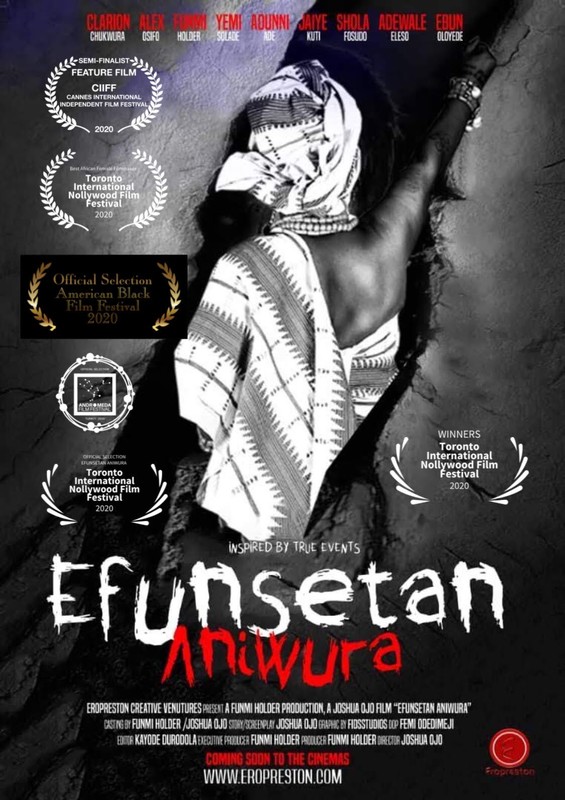
EFUNSETAN ANIWURA by Joshua Ojo (Nigeria) – WINNER
NOMINESS:
- ISHI ANYAOCHA by Jhonpaul Nwanganga (Nigeria)
- THE WIDOW’S SON – HAUSA VERSION by Willie Workman Oga (Nigeria)
- GRAVE by Adeshina Abiola Paul (Nigeria)
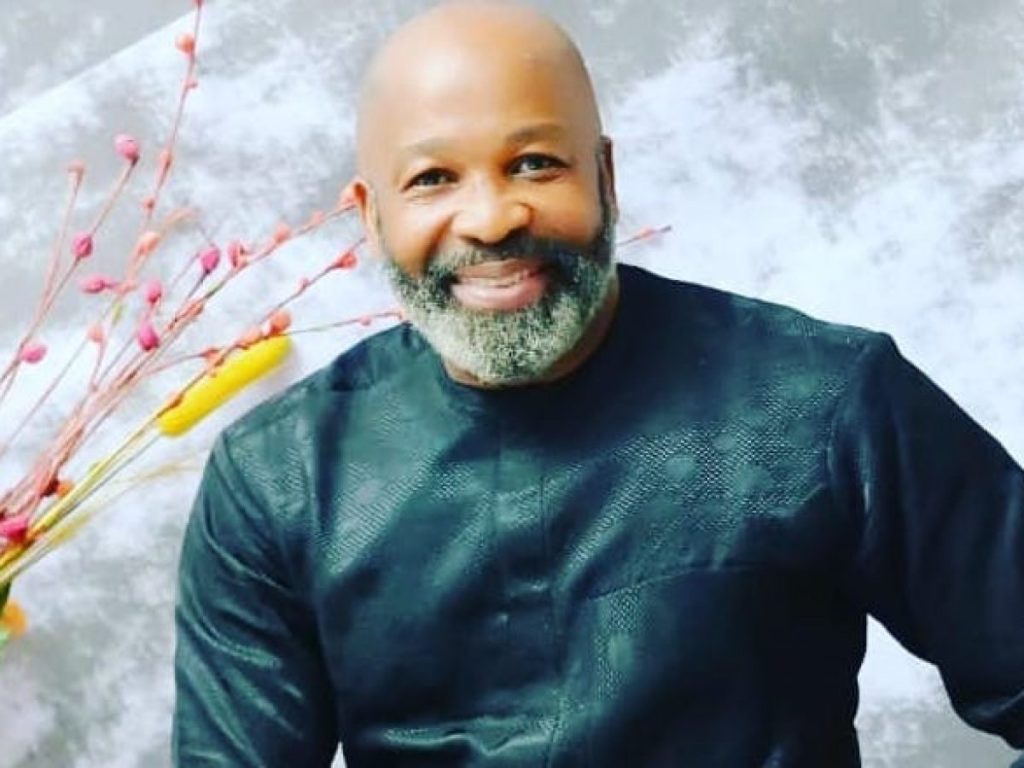
- Best actor indigenous film – YEMI SOLADE – Movie EFUNSETAN – WINNER
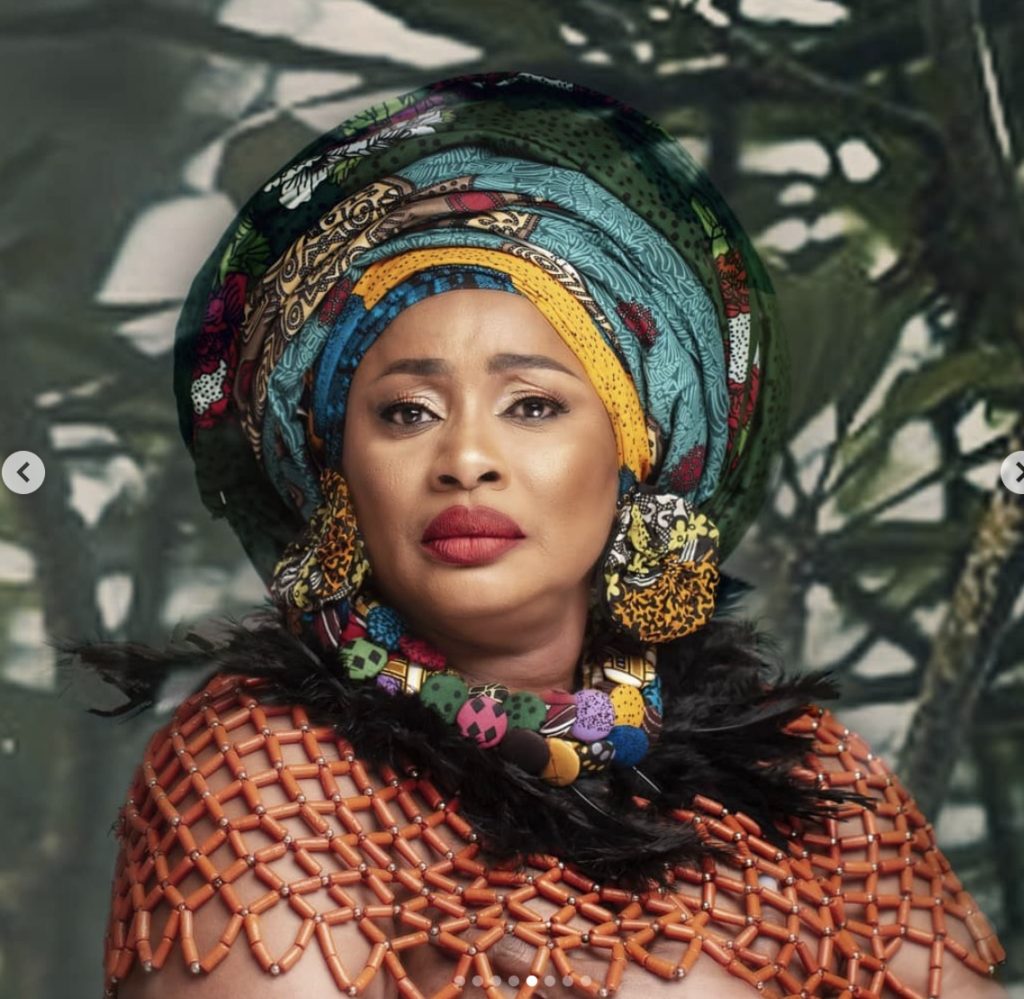
- Best Actress indigenous film CLARION CHUKWURA Movie EFUNSETAN- WINNER
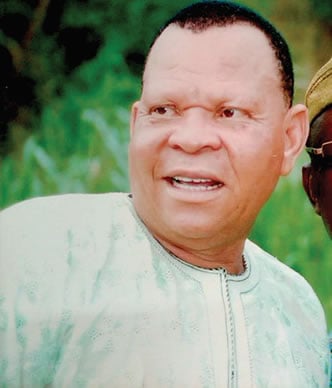
- Best Supporting Actor indigenous film – WALE ELESHO- Movie EFUNSETAN–WINNER
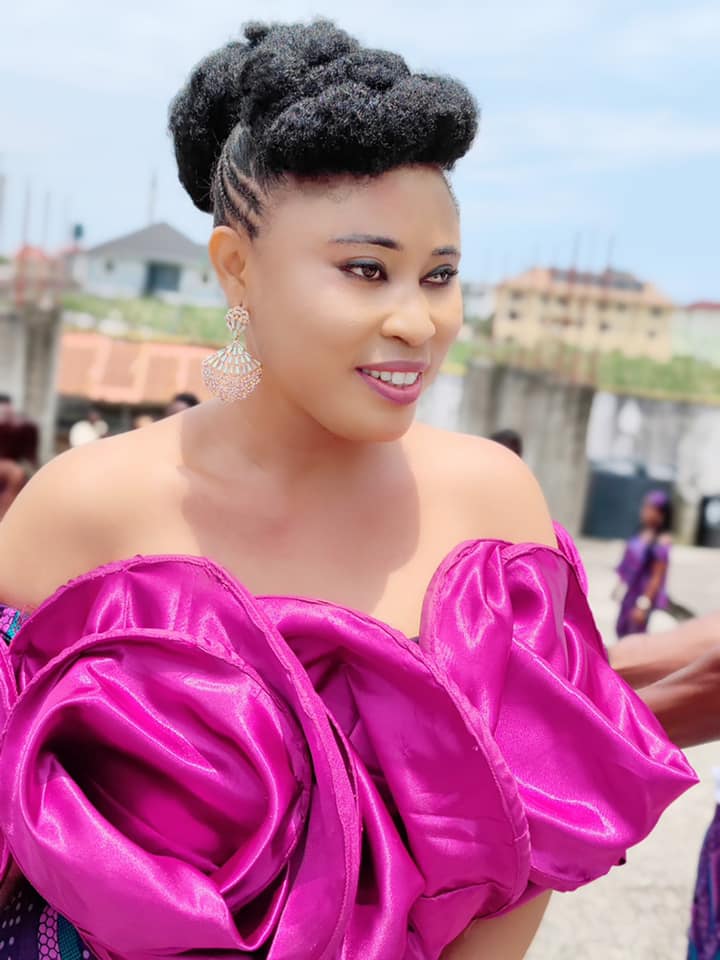
- Best Supporting Actress indigenous film – JESSICA RAYMOND Movie – THE WIDOW’S SON – HAUSA VERSION. – WINNER
BEST TELECOM COMMERCIAL AWARD
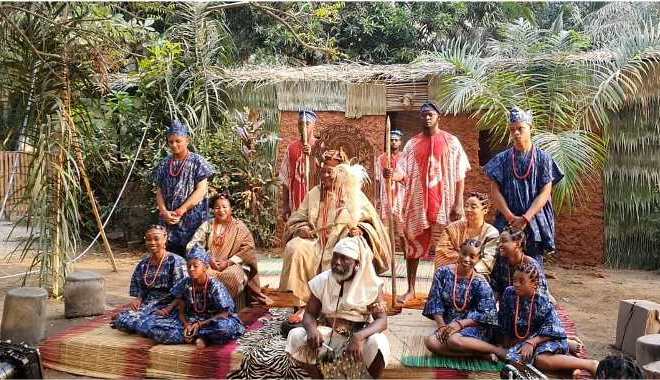
AIRTEL ‘RAINMAKER’ – WINNER
NOMINESS:
- MTN ‘Music Time Traffic’
- AIRTEL
‘Know Your Size Tailor’
BEST FOOD & BEVERAGES COMMERCIAL AWARD

- MALTINA – WINNER
NOMINESS:
- SMOOV
- Hollandia
BEST SOUNDTRACK COMMERCIAL AWARD

EMZOR ‘PARACETAMOL’ – WINNER
NOMINESS:
- SMOOV
- MTN ‘Music Time Traffic’
- Airtel Know your Size Tailor

